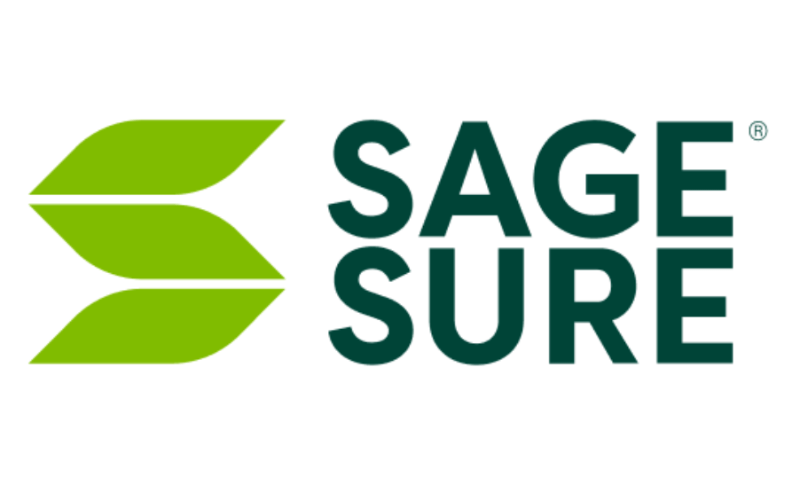
Under normal circumstances, hackers and scammers are annoying at the very least. With recent events revolving around coronavirus (COVID-19), scammers have upped their game, increased their efforts, and are making a challenging situation even more difficult.Not only has the volume of scams gone up in recent days, the complexity and authenticity of those scams is making it very hard to separate the legitimate from the fake.In these difficult and uncertain times, we want to take a moment and remind people to be on guard against hackers and scammers.
Question the messages you receive and take time to think through the situation before reacting.Types of Scams Increasing During the COVID-19 Pandemic There has been an increase in not only the normal “scams,” but also things such as coronavirus map application downloads, finance offers, medical advice and more. Be on guard for these malicious activities – not only for work, but also in your personal life.Unfortunately, scammers often seek to create and capitalize on fear.
Scams are frequently presented in phishing e-mails, but they can also come in the form of phone calls, texts, and snail mail.Tips for Protecting Yourself from Coronavirus Scams Be hyper aware of topics specific to the coronavirus.Question generic greetings, like “Dear Customer.” If your bank sends you an official correspondence, it should have your full name on it. (Some phishers have moved on to spear phishing, which can include personalized information.)Be skeptical of threats regarding your financial accounts and requests for immediate action, such as “Please reply within five business days or we will cancel your account.” Most companies want you as a customer and are unlikely to be so quick to lose your business.Do not yield to requests for personal information via phone or email.Most businesses didn’t ask for personal information by phone or through e-mail even before phishing became a widespread practice.
Reputable businesses use two-way authentication methods.Do not click on suspicious links.Links that are calling for an action (such as a password reset or expecting you to log in), unexpected links, or links that just don’t look right.Avoid downloading suspicious attachments.
Unexpected attachments, attachments with a strange file type, or attachments that just don’t seem right.Misspellings and poor grammar are common in scammer emails.Read Society’s ‘2020 Cyber Claims Digest’for more insight on cyberattacks and costs associated with cyber claims.Taking Action Against Coronavirus Scammers If you are unsure about something, your first step should be contacting the sender in order to verify its legitimacy.Make sure that you get correct contact information though a trusted, official source.
For example, if you receive a suspicious email claiming to be from your bank, go to the bank’s website and contact the bank using information listed on their site.Do not use the information provided in the original message (such as calling a phone number in the original email or replying to the original email).Read Society’s cyber blog series to stay current with trending scams and tips for protecting your business or contact your local Society agent to discuss coverage options.
Resources on Coronavirus (COVID-19)
Symptoms and Information Cases and Latest UpdatesPreparing
WorkplacesBusiness & Coronavirus Disinfection FAQs Small Business Guidance and Loan ResourcesShare this post:FacebookTwitterLinkedinemail
Publisher: Society Insurance








